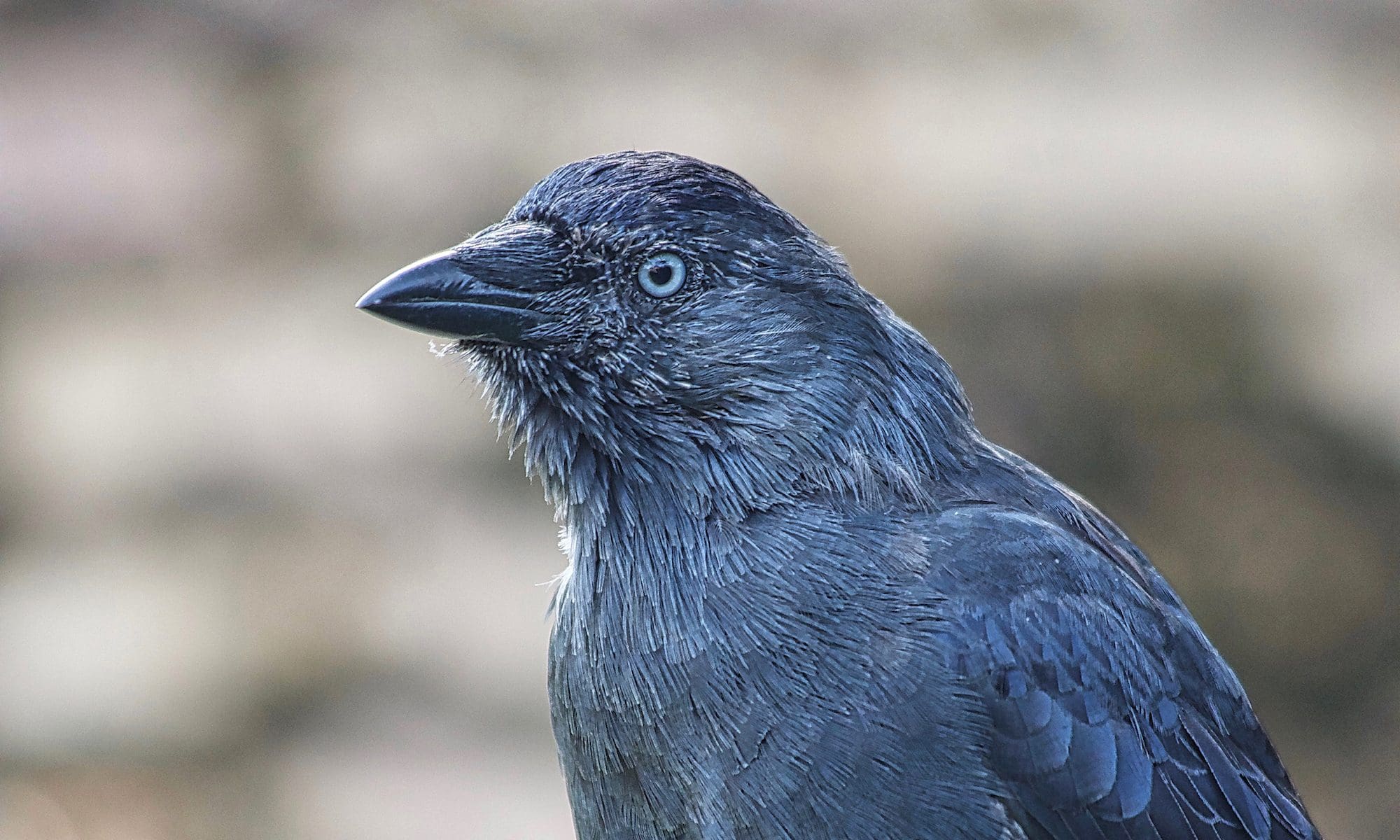Peace and Compassion
As we gather with loved ones to celebrate this supposedly joyous season, let us reflect on the true spirit of Christmas as a time of peace, goodwill and compassion.
In a world marked by conflict, let this Christmas be a beacon of hope, inspiring us to condemn the scourge of war and violence that plagues our global community. May we, in the spirit of the season, strive for understanding, empathy and unity.
Let us extend our compassion not only to our fellow human beings but also to the countless sentient species that share this planet with us. All beings, regardless of their species, have intrinsic worth and deserve to be treated ethically.
May our hearts be open to the interconnectedness of all life, fostering a sense of stewardship and responsibility for the well-being of all sentient beings and for the fragile home we share – planet Earth.





